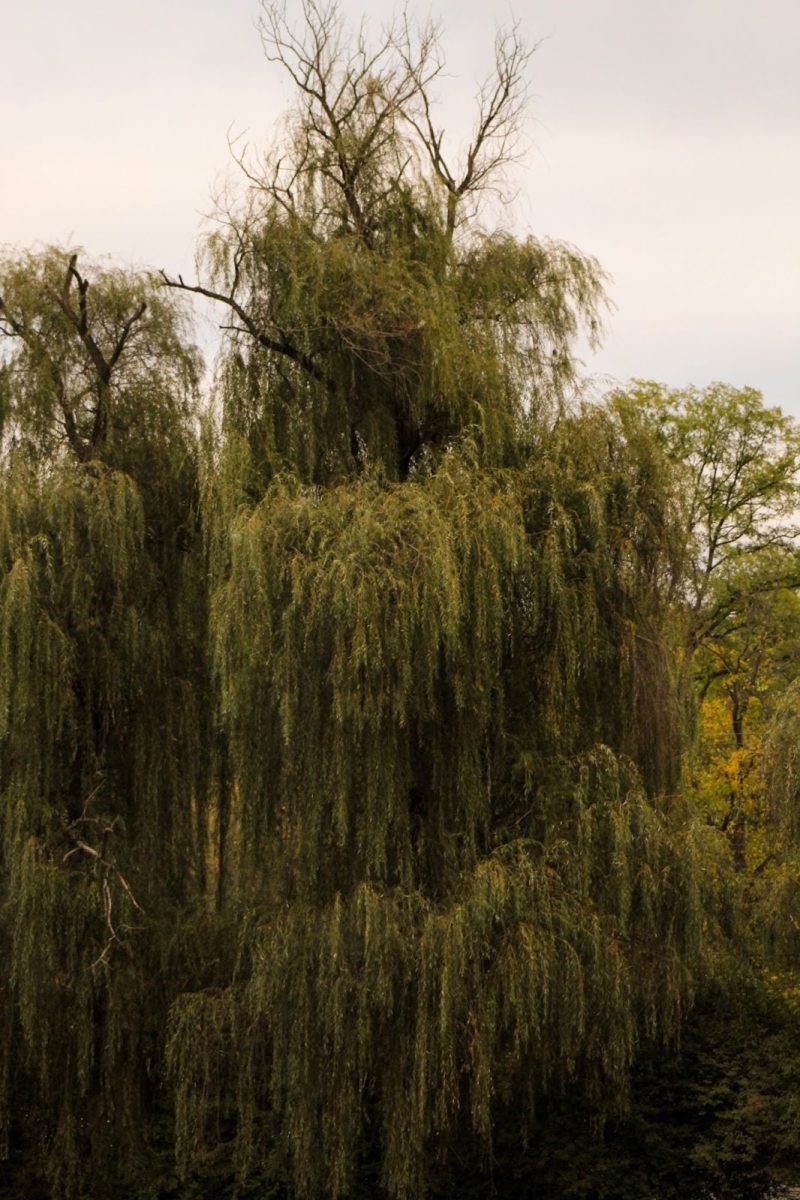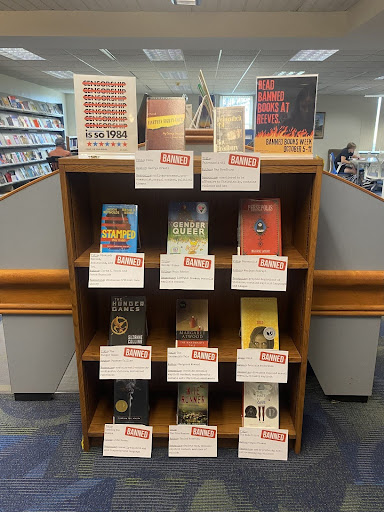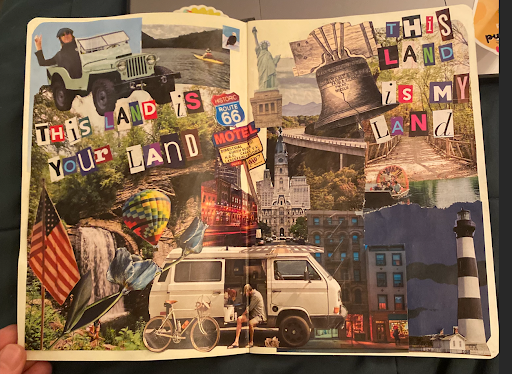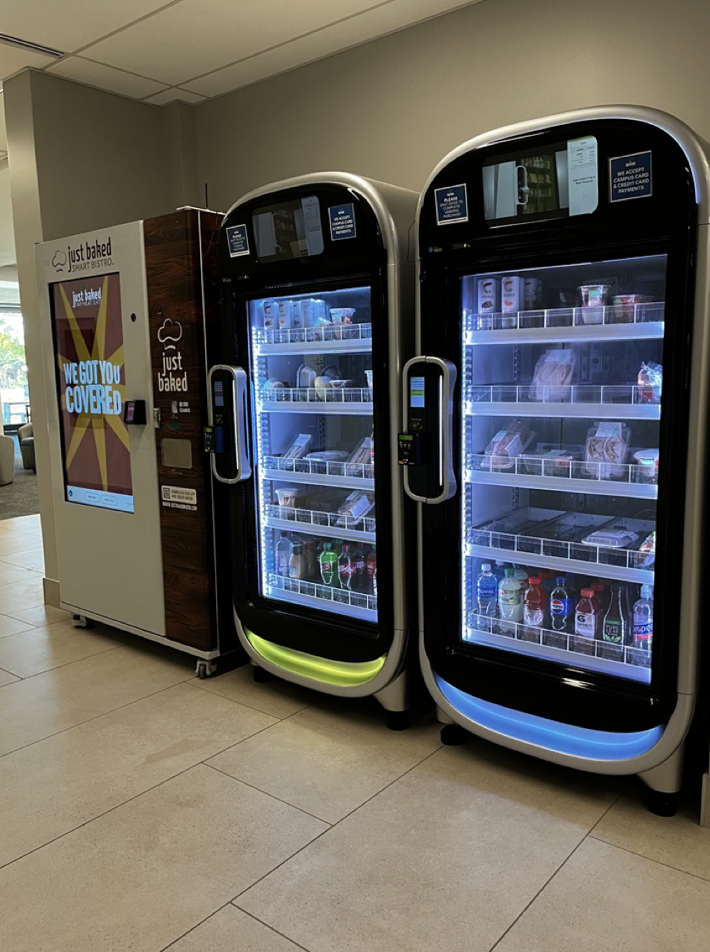The reason I chose to attend Moravian, as well as many of my friends, is the sense of community and connection here. Let me focus specifically on alcohol culture; Moravian is a wet campus, but that doesn’t mean our drinking culture has to be dangerous and reckless.
A wet campus is one that allows alcohol for residents of the legal drinking age.
I fear that over this last semester, the culture I love at Moravian has been slowly dying. Students leaving their plastered friends by themselves after a night of mutual drinking is not cool, and it’s not you protecting yourself when there are laws such as the amnesty law in place to protect students who call for help for intoxicated friends.
Community is sometimes inconvenient. And sometimes, you have to sacrifice a few hours of your time to make sure a friend, or even a stranger, is okay. Alcohol poisoning is severe, and if left alone, it can be deadly.
In addition, 30 percent of all sexual assaults and 75 percent of sexual assaults occurring on college campuses occur when the perpetrator is under the influence of alcohol.
Pennsylvania has a Medical Amnesty law that protects students who call for help when their friend is too intoxicated. In fact, the law exists because lawmakers recognized the dangers of hesitation and fear in these moments. The idea that you are “protecting yourself” by walking away is not only false, it’s reckless, and you are hurting yourself and the larger community as a whole at Moravian.
Sometimes, community is fun. It’s Celtic Classic and Heritage Day with your friends in the September sun, and sometimes, the community is uncomfortable.
Calling Campus Safety or 911 when you’re scared, even if you’d rather pretend it isn’t your problem, is necessary. Making sure the person you came with is also the person you leave with is essential.
Our choices matter. If we trade solidarity for selfishness little by little, we wonder why the campus feels colder and less alive. Culture isn’t some abstract thing hanging in the air; it’s the sum of our choices. When we choose to walk away from each other, we are actively writing a story of indifference.
Some will say this is just how college works; that parties are chaotic, that people “figure it out,” that mistakes are part of the experience. But there is a difference between mistakes that teach you something and mistakes that end lives.
Alcohol poisoning, assault, and injuries aren’t hypothetical risks; they’re real, and they happen on campuses everywhere. Part of what makes Moravian so special is that we take care of each other, so it happens less than usual.
But pretending like this is not a problem is willful ignorance. And here’s the bitter irony: the very law meant to protect students from punishment for doing the right thing sits ignored, while we cling to the myth that silence and inaction keep us safe.
I don’t say this to shame anyone but to remind us of what’s at stake. Moravian’s identity has always been built around connection. We are small enough to know each other, small enough to notice when something is wrong. That’s our strength. But it’s also our responsibility. When we forget that, when we prioritize convenience over care, we undermine the very reason so many of us came here.
Rebuilding the community doesn’t require a massive campaign or a new office on campus. It starts with us deciding to be inconvenienced. Stay an extra half hour to make sure your friend gets back to their room. Walk someone home who isn’t steady on their feet. Call for help when you know it’s needed, and trust the law and the university to protect you for doing so. These are small acts, but stacked together, they amount to culture.
What makes Moravian special requires all of us to make a choice: to hold each other up, even when it’s uncomfortable. To remember that safety and care are not burdens but the very definition of belonging.
If the heart of Moravian is connection, then every time we leave one another to fend for ourselves, we pull that heart apart. But every time we choose to stay, to call, to care, we stitch it back together. The culture isn’t dead yet; it’s waiting for us to bring it back to life.





![The Downfall of Taylor Swift: AI, ‘The Life [and Demise] of a Showgirl’](https://comenian.org/wp-content/uploads/2025/10/unnamed-6-1.jpg)


